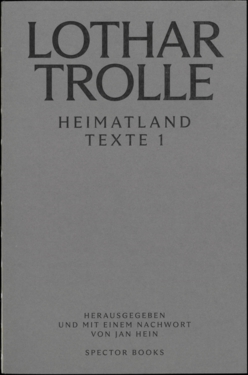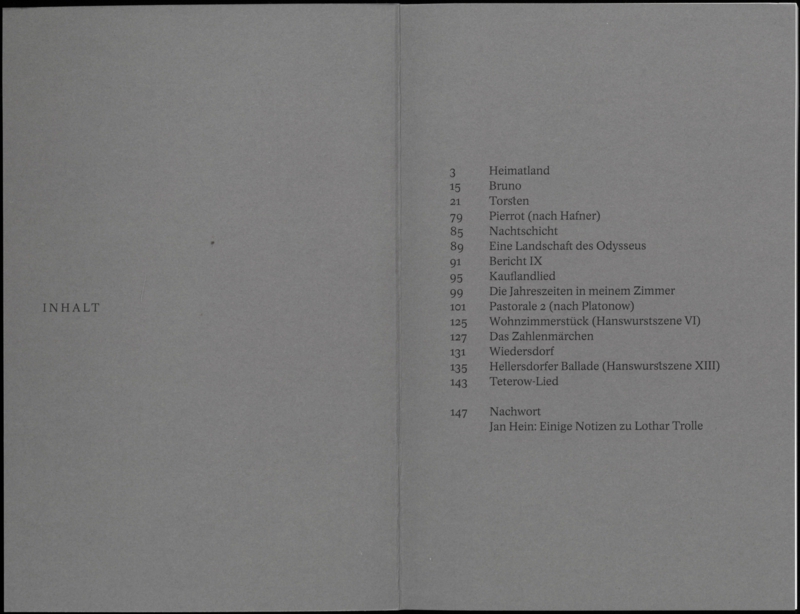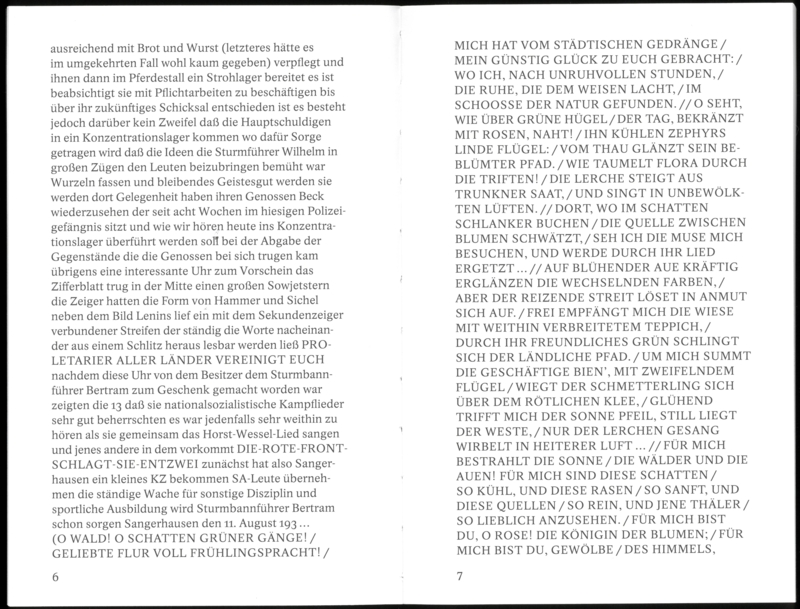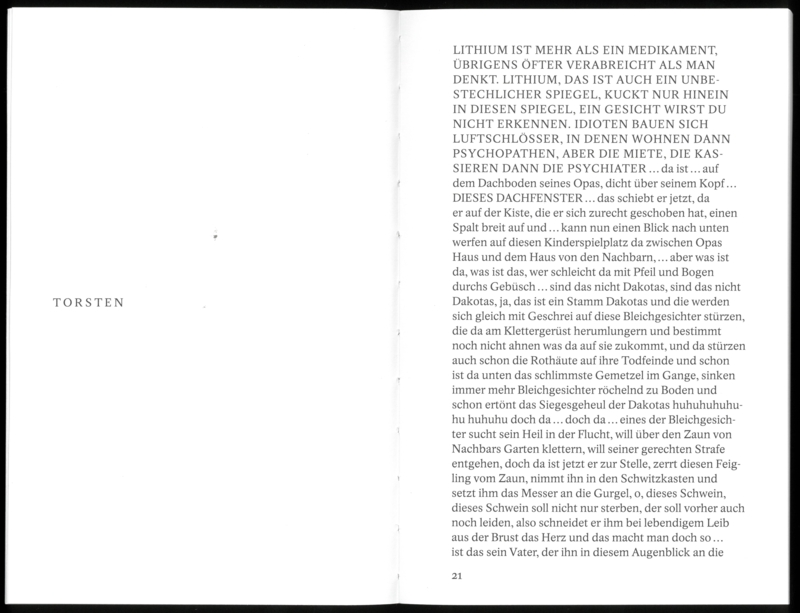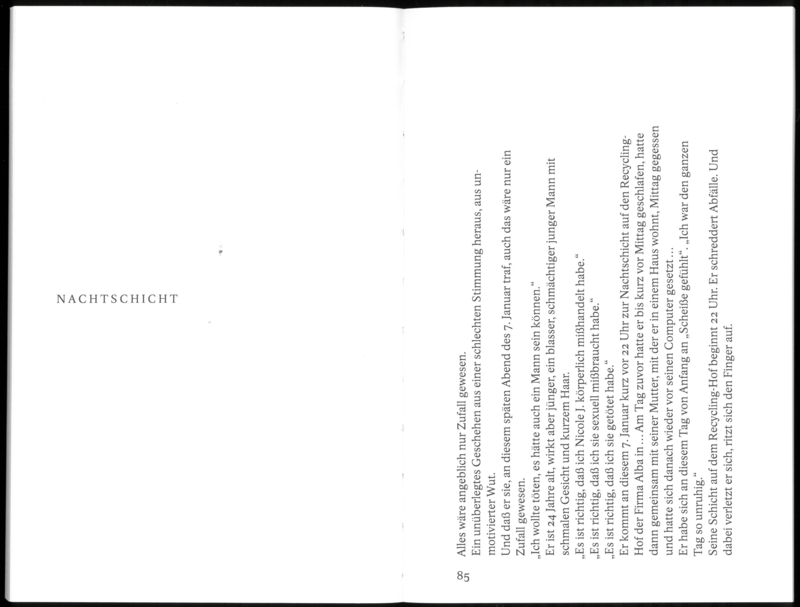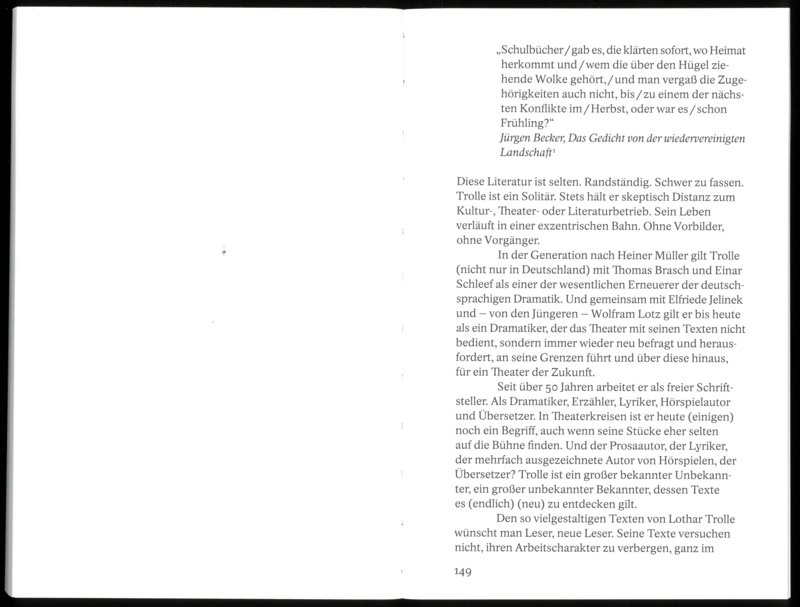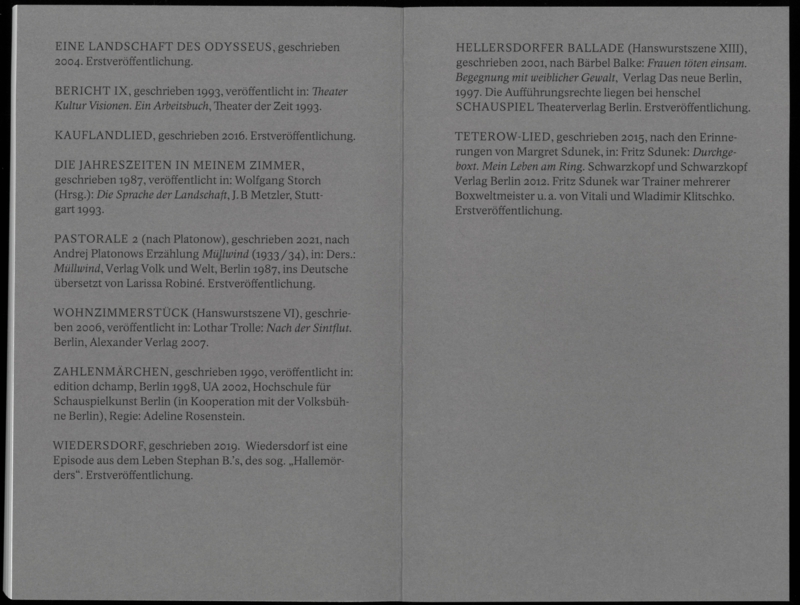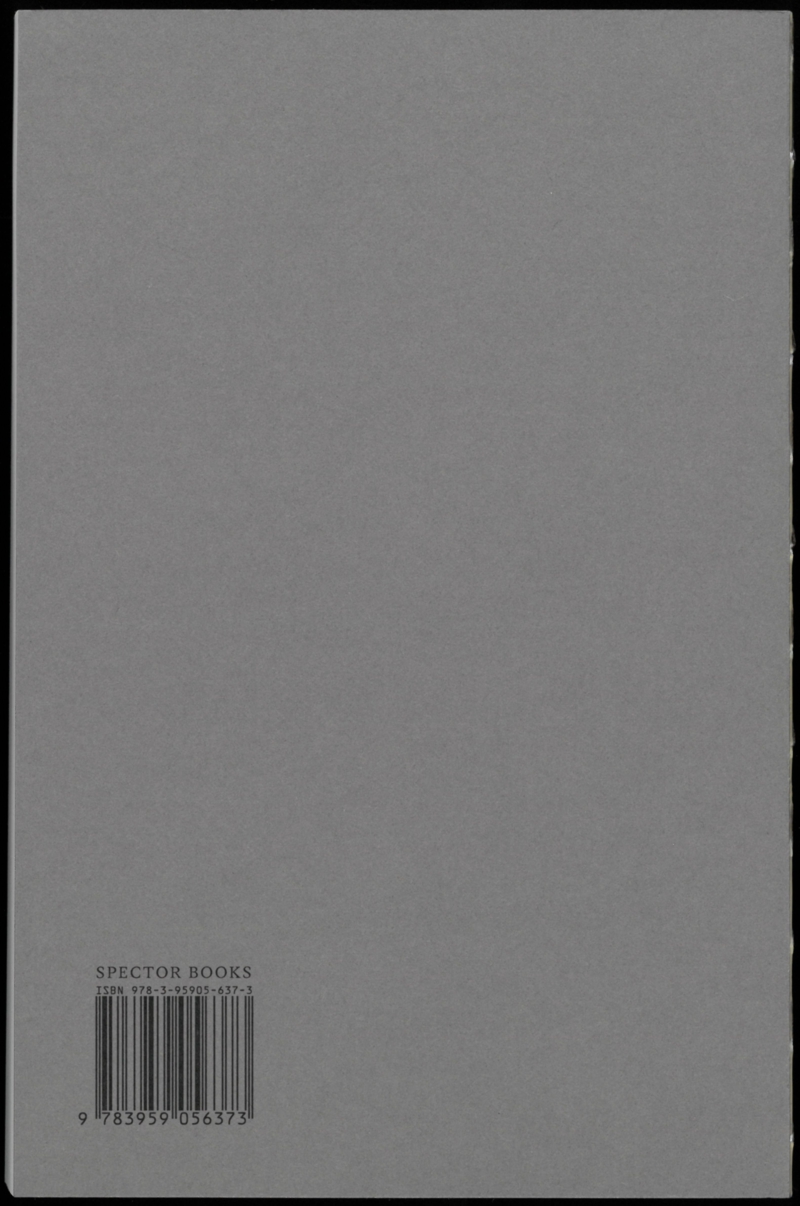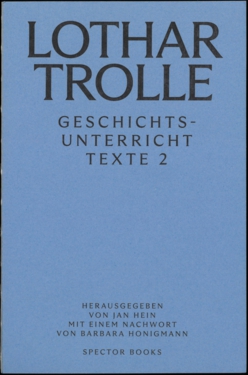The volume Heimatland. Texte 1 marks the beginning of a multi-volume series featuring texts by Lothar Trolle, most of which were written after 2006. These volumes are not intended as a collected works edition but rather as (working) material. Loosely connected, the individual texts in each volume cluster around a central theme in Trolle’s oeuvre, forming diverse spaces of resonance and echo. Heimatland. Texte 1 brings together scattered prose pieces, reports, anecdotes, landscape descriptions, songs, poems, and plays. The volume offers glimpses into different times and places, carefully observing the margins and, in doing so, articulating the contradictions and fragility of the concept of "homeland," presenting counter-narratives.
Lothar Trolle was born in 1944 in Brücken / Helme, Kreis Sangerhausen (Harz). In 1963, he completed his Abitur and trained as a commercial clerk in Berlin. From 1964 onward, he worked as a transport and stage worker. Between 1966 and 1970, he studied Marxist-Leninist philosophy at Humboldt University in Berlin but did not complete his degree. Since then, he has worked as a freelance writer in Berlin, producing plays, poetry, prose, and radio dramas. From 1983 to 1988, he co-edited MIKADO with Uwe Kolbe and Bernd Wagner—one of the first literary magazines in the GDR to be self-published without official approval. The magazine featured texts by Fritz Mierau, Adolf Edler, Elke Erb, Wolfgang Hilbig, Barbara Honigmann, Bert Papenfuß, Jan Faktor, and others. From 1990 to 1992, he was playwright-in-residence at Schauspiel Frankfurt/Main. Between 1994 and 1996, he held the same position at the Berliner Ensemble under Heiner Müller's directorship, and from 2014 to 2016, he was playwright-in-residence at Volksbühne Berlin.
In a letter dated March 29, 1988, Fritz Mierau wrote:
"I always think that what you do is so rare because you bring together two languages that are far apart in German: the language of Stifter and that of Hans Arp. From afar, the Lalen of 1597 naturally send their regards. And it is no coincidence that you have two Russian allies: Daniil Kharms and Andrei Platonov."
